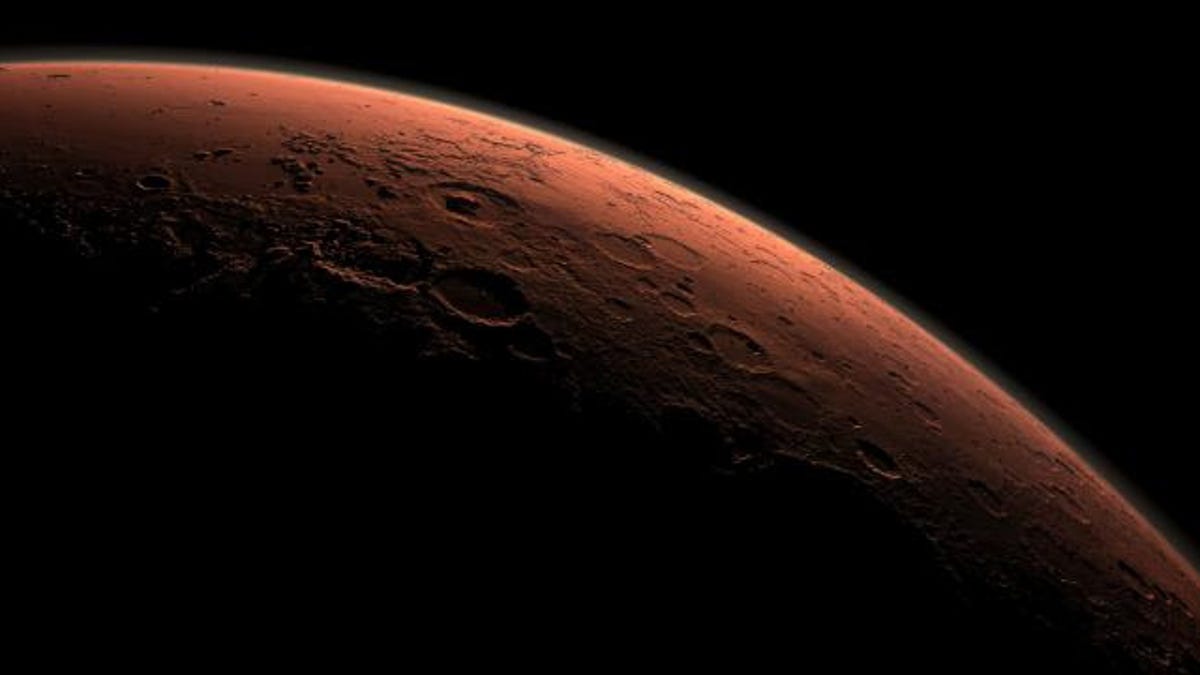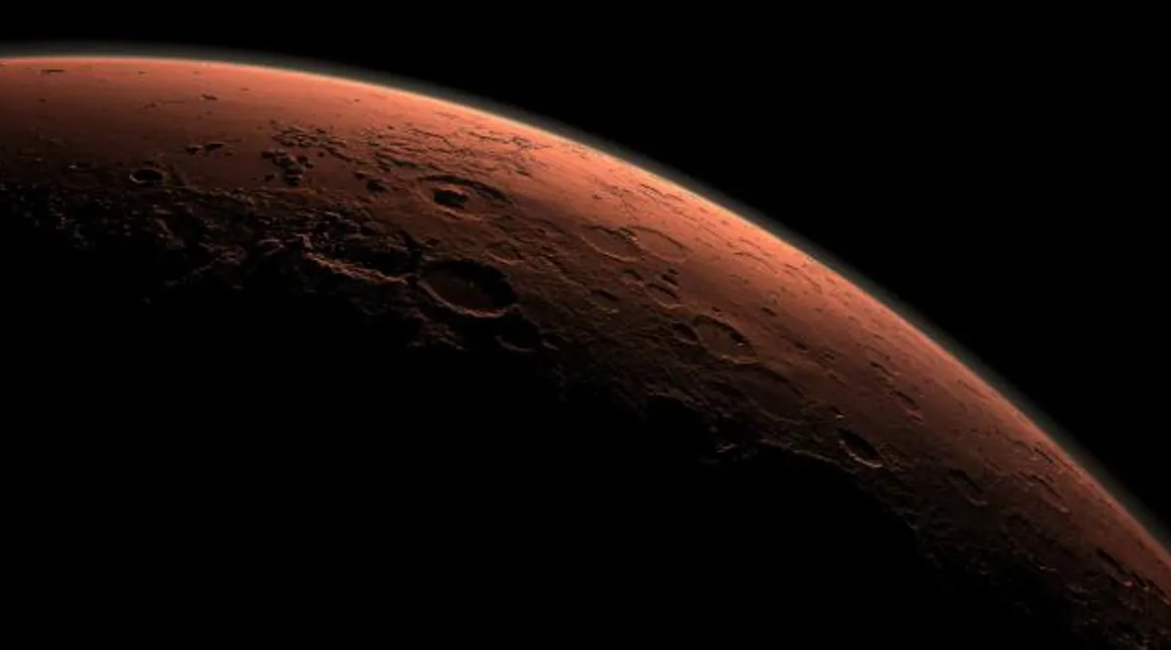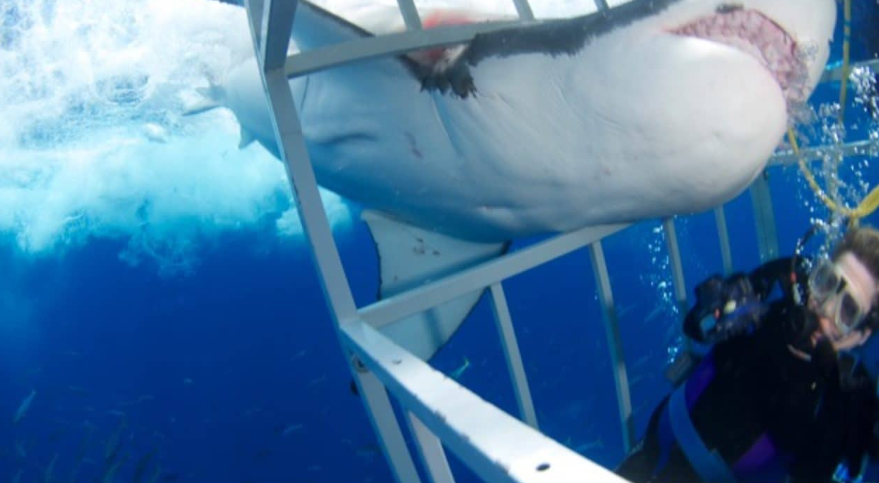
Scientists and the general public have been fascinated by the idea of colonizing Mars for many decades. Recent advances in technologies, and an increased focus on exploration of space have made the possibility for humans to establish permanent settlements on Mars more realistic.
A colony on Mars could serve as a back-up plan for the human race. A colony on Mars would be a great way to ensure our survival in the event that a catastrophe occurs on Earth. The colonization of Mars would also be a great opportunity for technological advancement and scientific discoveries.
First, robotic missions would be sent to Mars to collect data and prepare the ground for human exploration. These missions will focus on tasks like identifying landing sites, looking for resources, and testing the equipment humans would use.
After these initial missions are completed, the time will come to send humans to explore the planet. These missions will initially be focused on research and setting the foundation for a permanent settlement. The explorers will live in self-sufficient habitats, where they are responsible for tasks like building infrastructure, growing food and conducting scientific tests.
As the colony grows and becomes more populated, it will begin to look like a small city. The colony will be self-sufficient with its own water and power supply. Its inhabitants can grow their own food by using hydroponics or other methods.
Cost is one of the biggest challenges in colonizing Mars. Initial missions and colonization would require significant resources. As the colony becomes more independent, costs will decrease.
The lack of atmosphere on Mars and harsh conditions are also major challenges. Humans will have to live in sealed environments and be exposed to radiation, duststorms, and other hazards. Scientists and engineers are currently working to find solutions for these problems. For example, they are developing radiation-shielding material and ways to extract materials from the Martian surface.
The colonization of Mars represents an ambitious goal that is both challenging and exciting for humanity. This would not only guarantee the survival of the human species, but also provide a platform for future exploration and technological advancement. The dream of a colony of humans on Mars could soon become reality with continued research and developments.
A one-way trip to Mars may be the only option due to current technology and resources. The people who decide to take the trip will need to be mentally strong and ready for the challenges of living on another planet. It will be a difficult journey, with many risks. Individuals will have to be prepared to deal with isolation and uncertainty. The decision is brave, but those who take it on will reap the rewards.




















